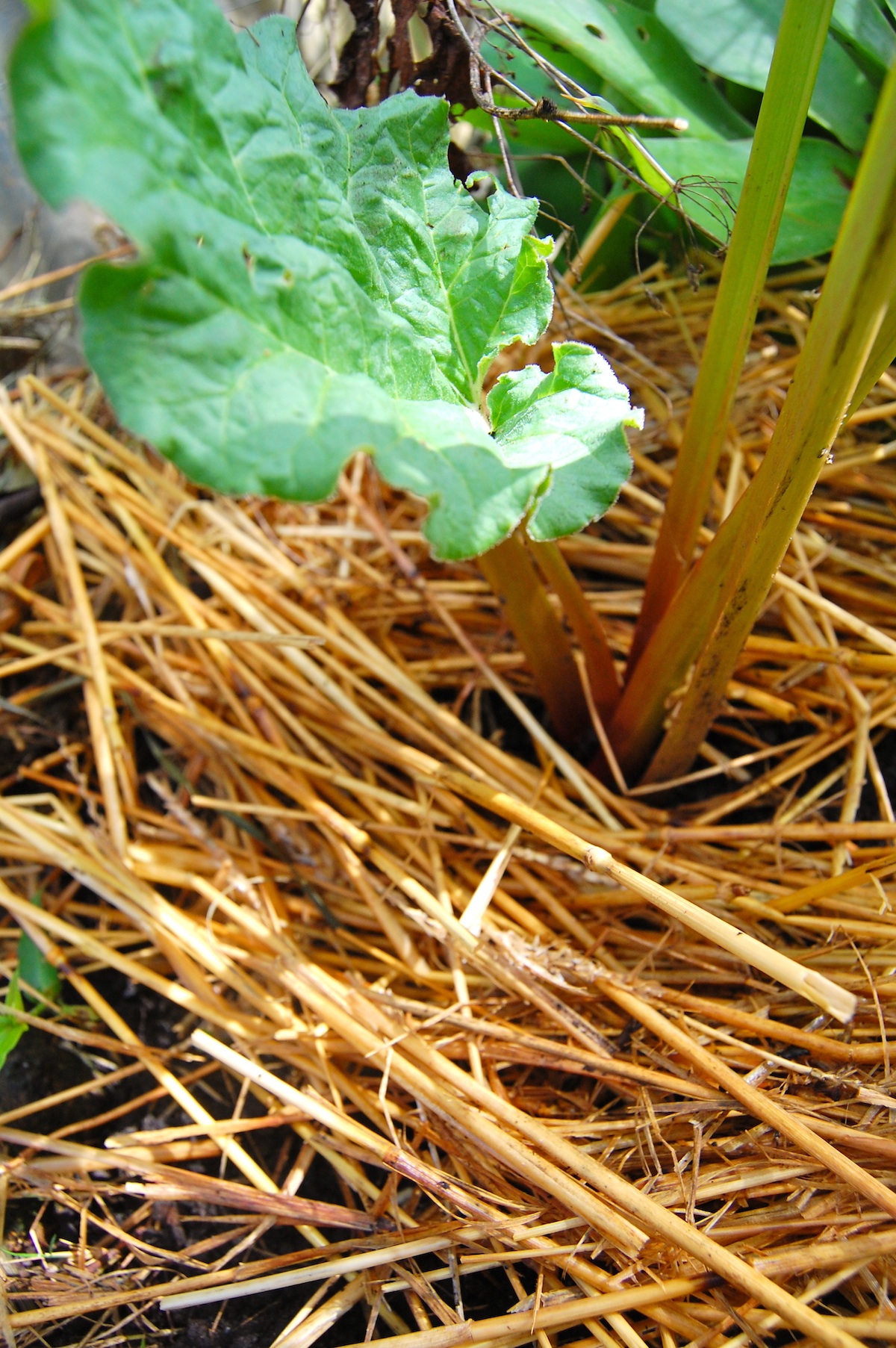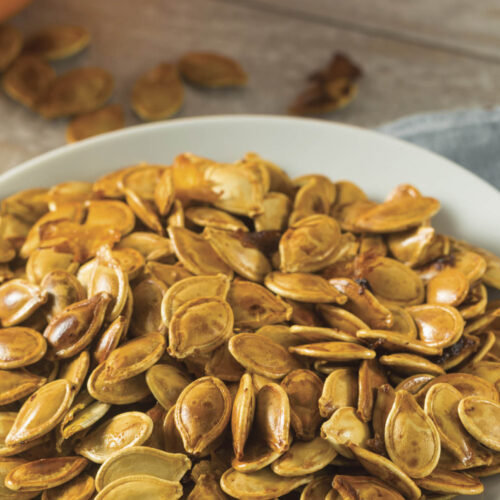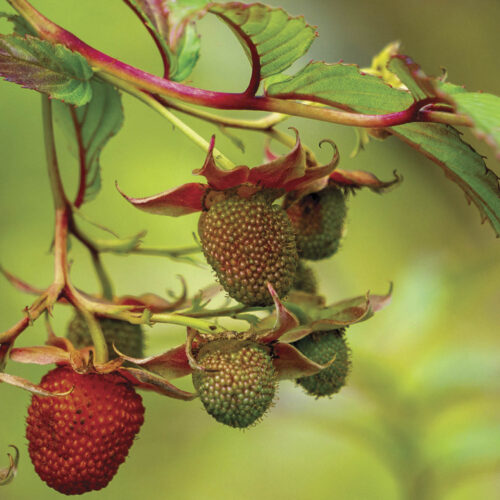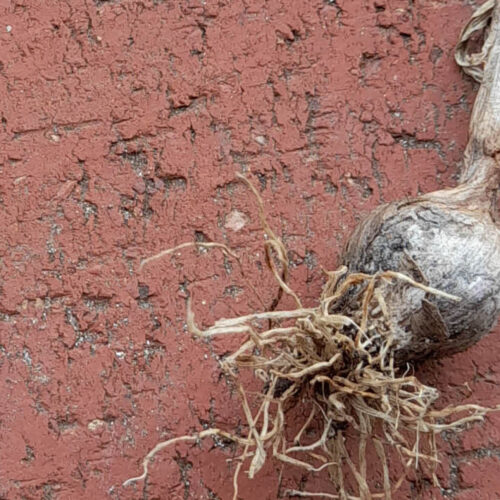Rhubarb power
2014-02-21T04:04:54+11:00
Plant molecules may solve a puzzle for the renewable energy industry, SIMON WEBSTER reports.
Molecules found in plants may be the secret to producing batteries that can cheaply and efficiently store renewable energy on a large scale, researchers from Harvard University say.
Scientists around the world are searching for better batteries to store energy produced by wind turbines, solar panels and so on. The Harvard team used molecules called quinones to make a ‘metal-free flow battery’ that can store larger amounts of energy more cheaply than traditional batteries and other types of experimental ‘flow batteries’, which have so far relied on the use of expensive metals.
In this case, the quinones were sourced from crude oil, but they were almost identical to quinones found in rhubarb, and could just as easily be sourced from this or other plants, the researchers say.
The research was reported in Nature magazine last month, and could have implications for storing and then feeding large-scale renewable energy through the grid, and for domestic use.
”It could enable serious, cost-effective storage of solar and wind and allow us to generate a very large fraction of our electrical energy… without burning fossil fuels,” Professor Michael Aziz was quoted as saying in The Sydney Morning Herald.
For more see here.






